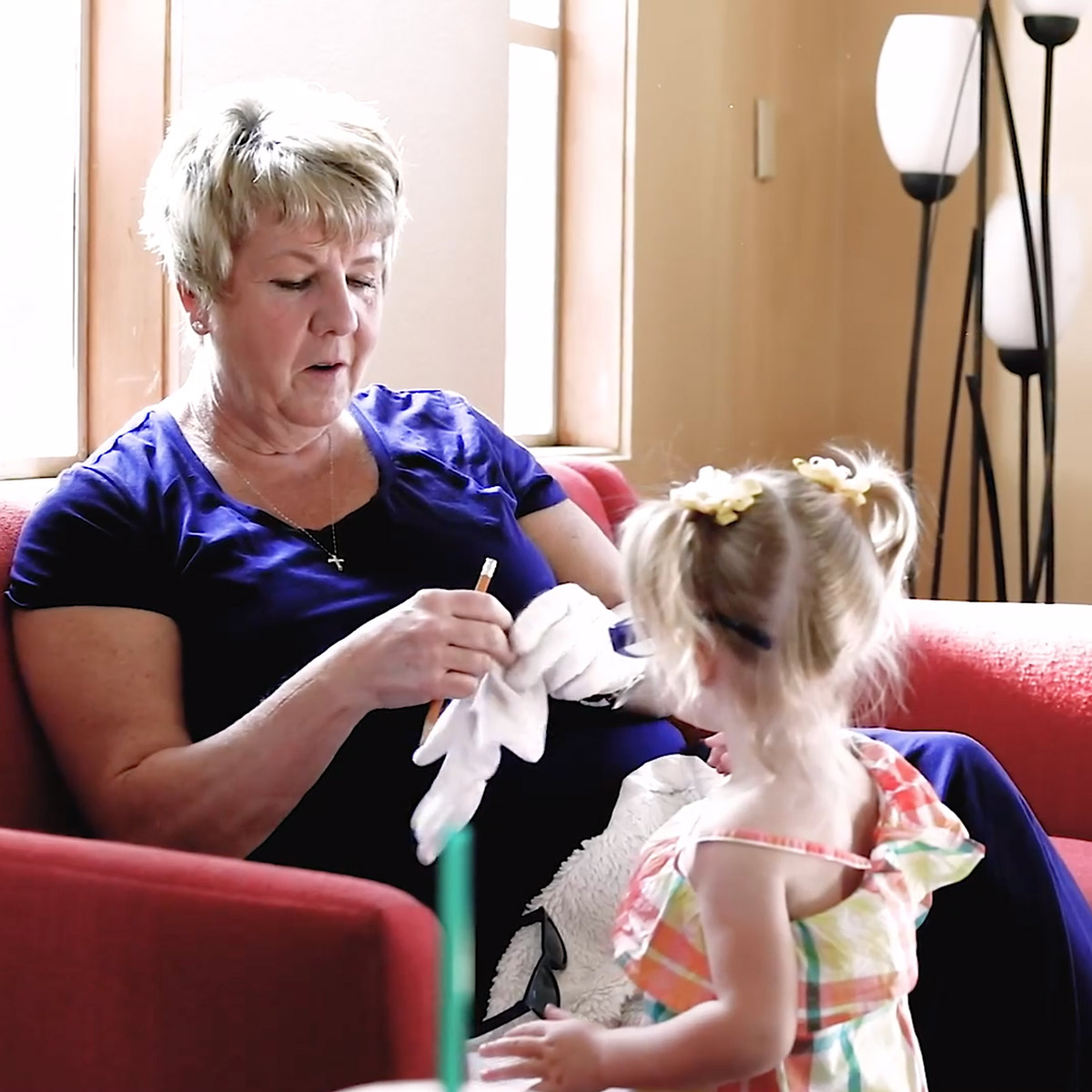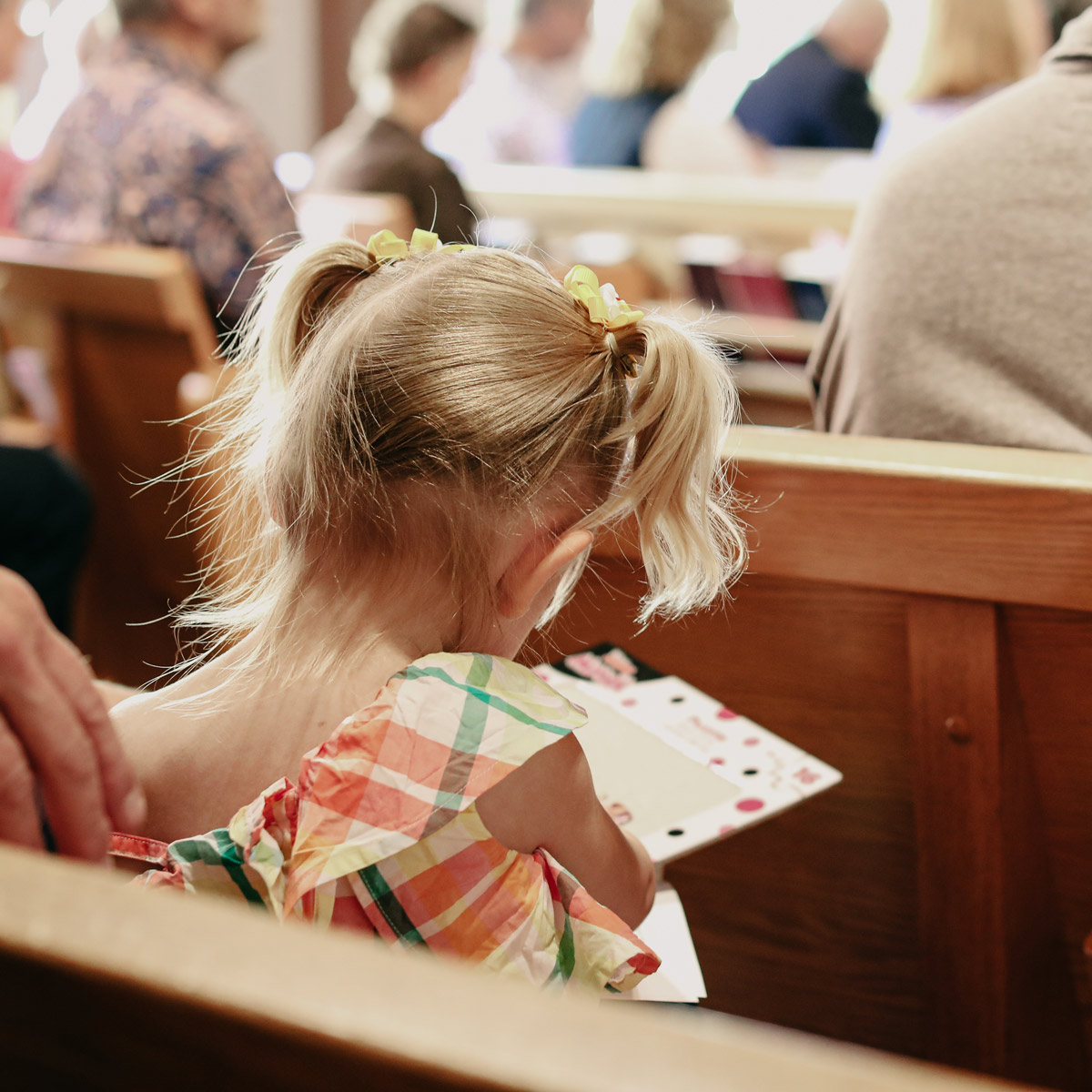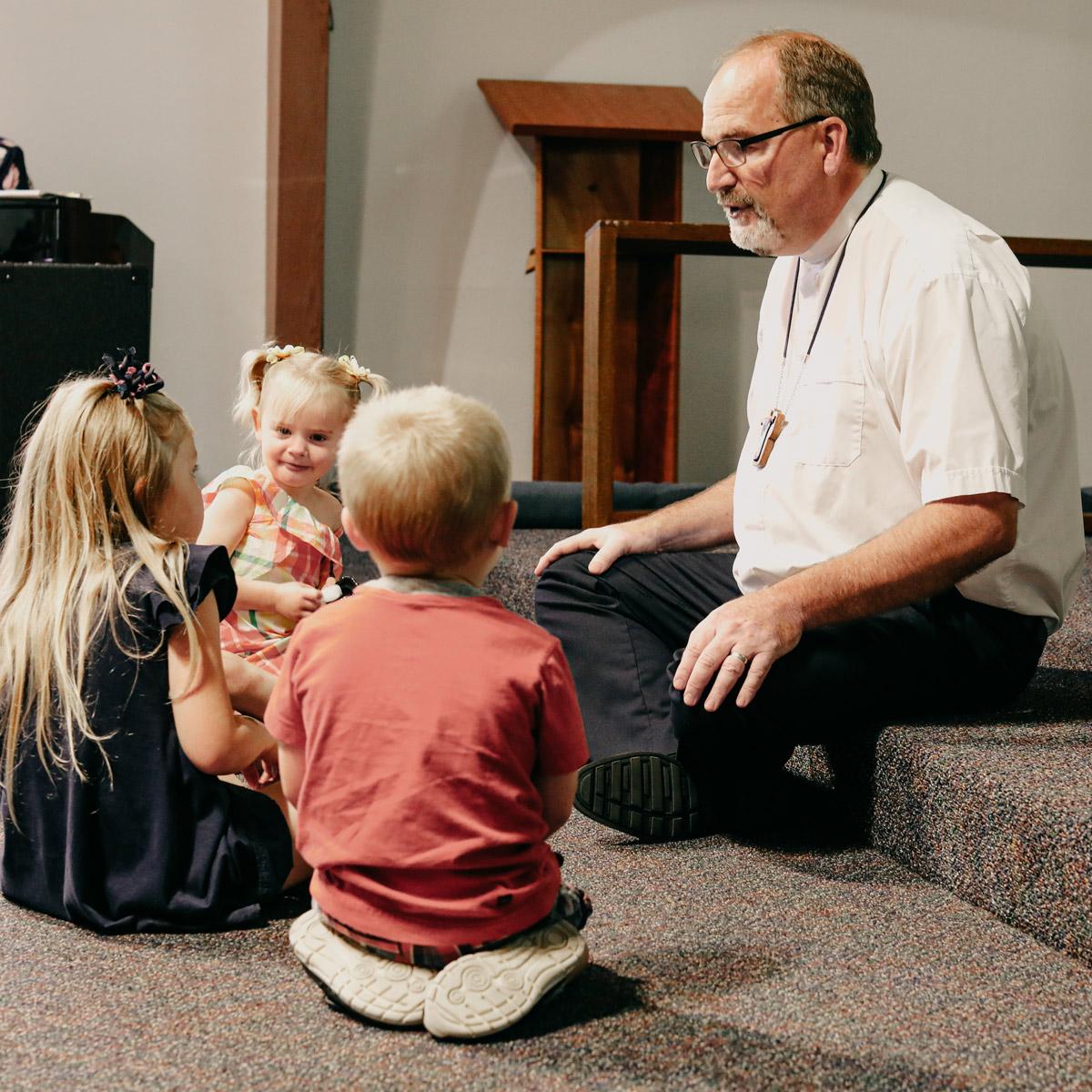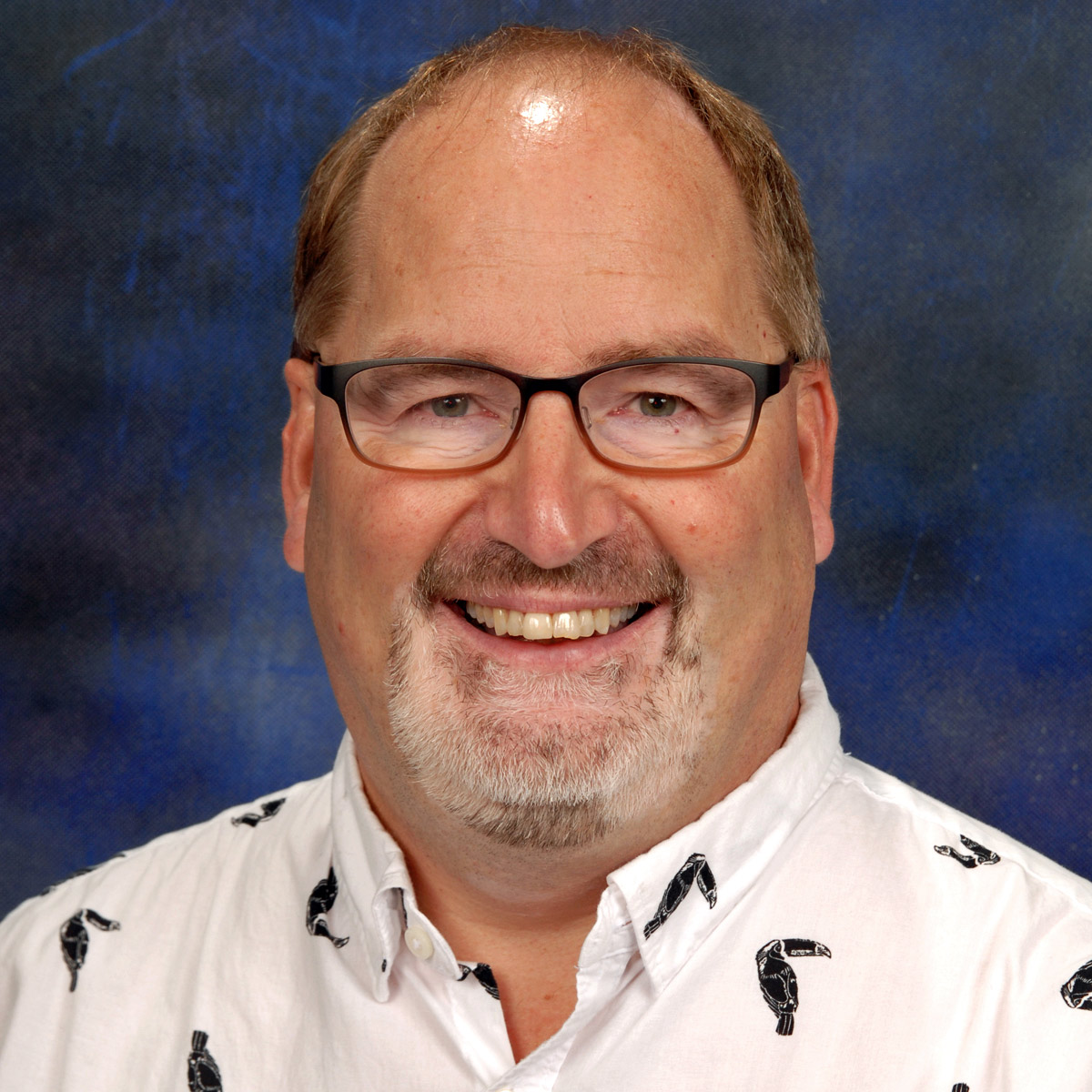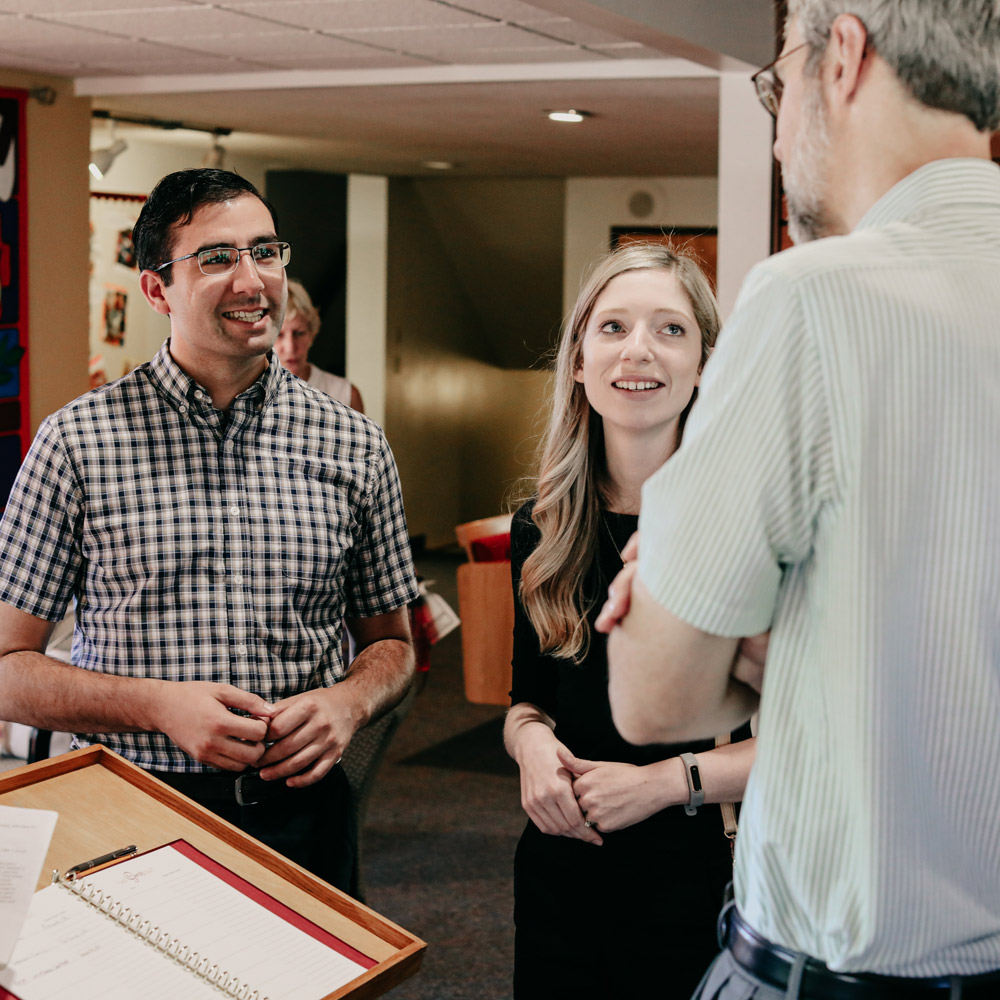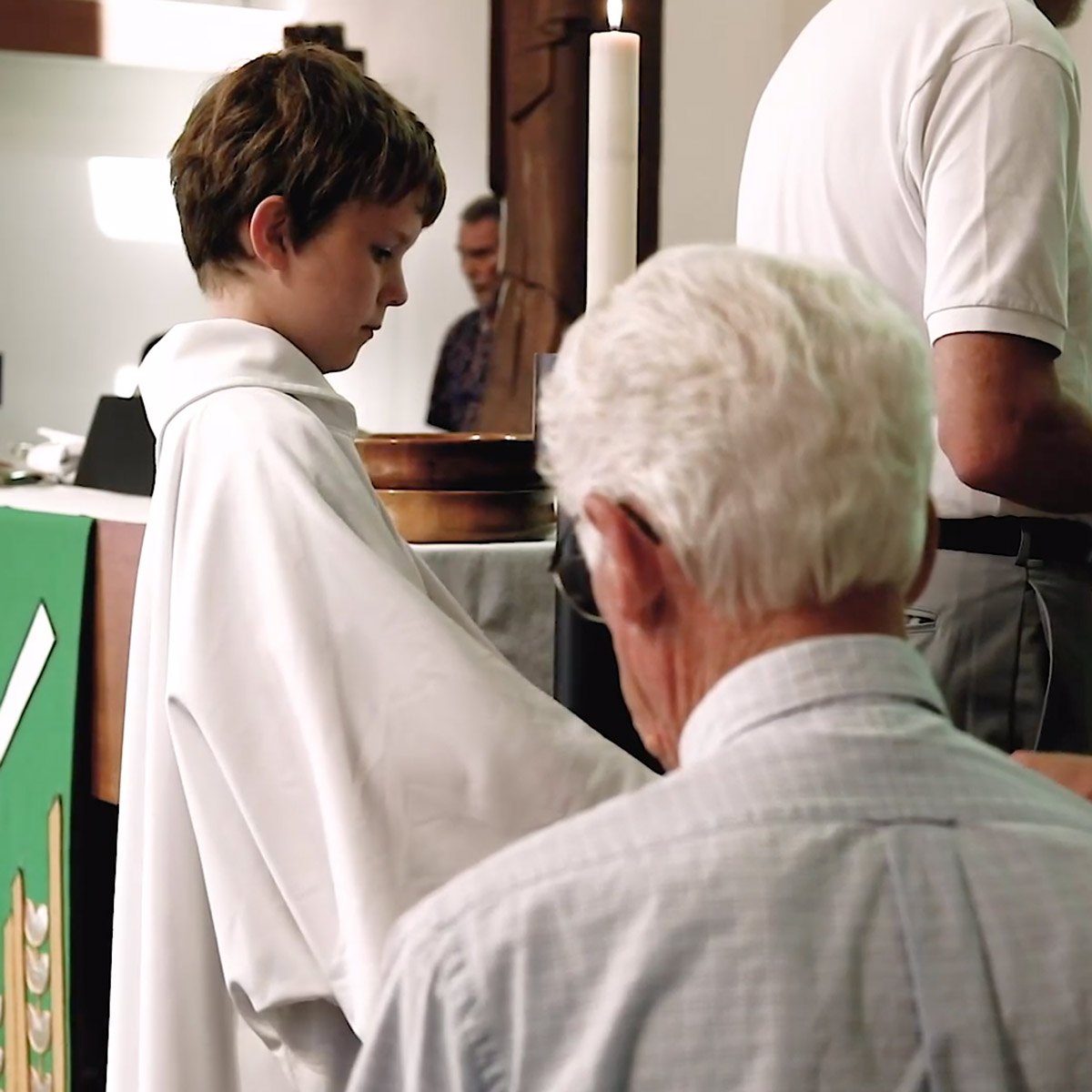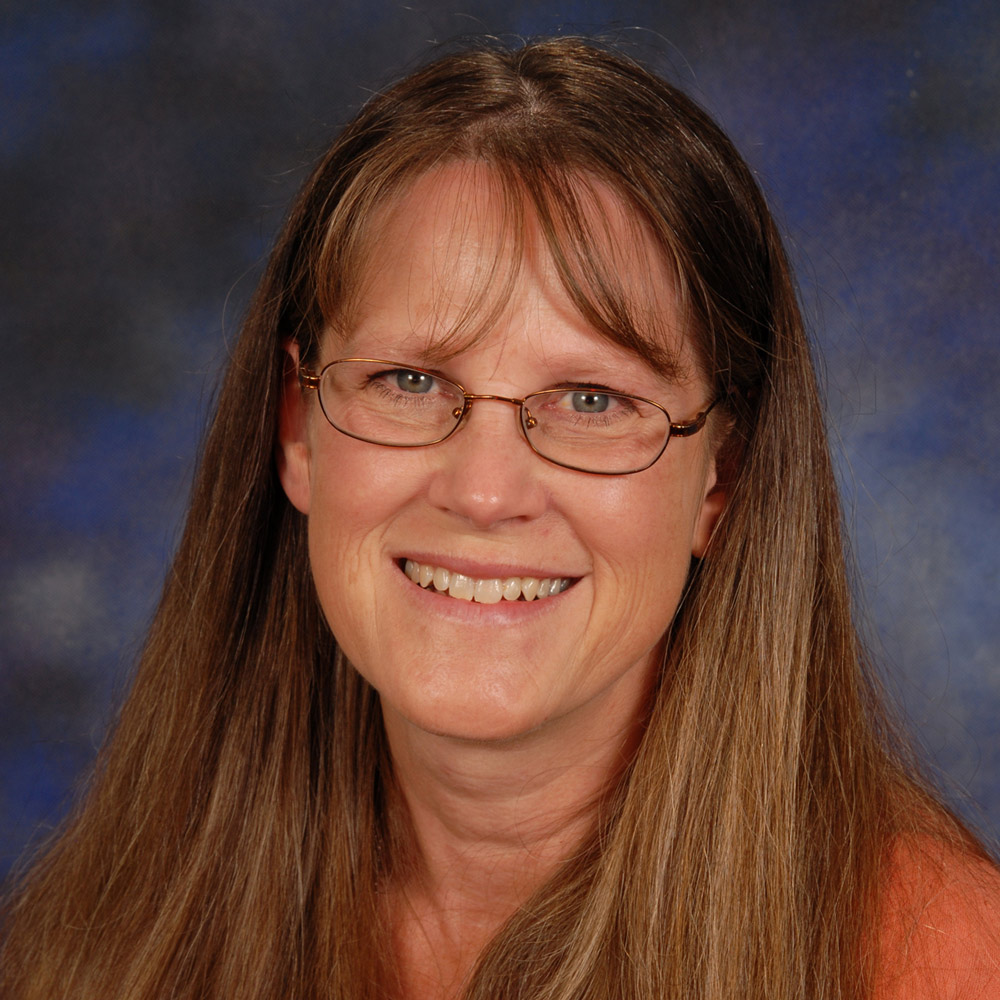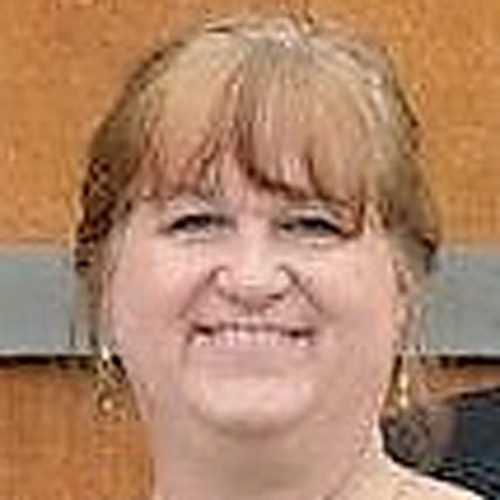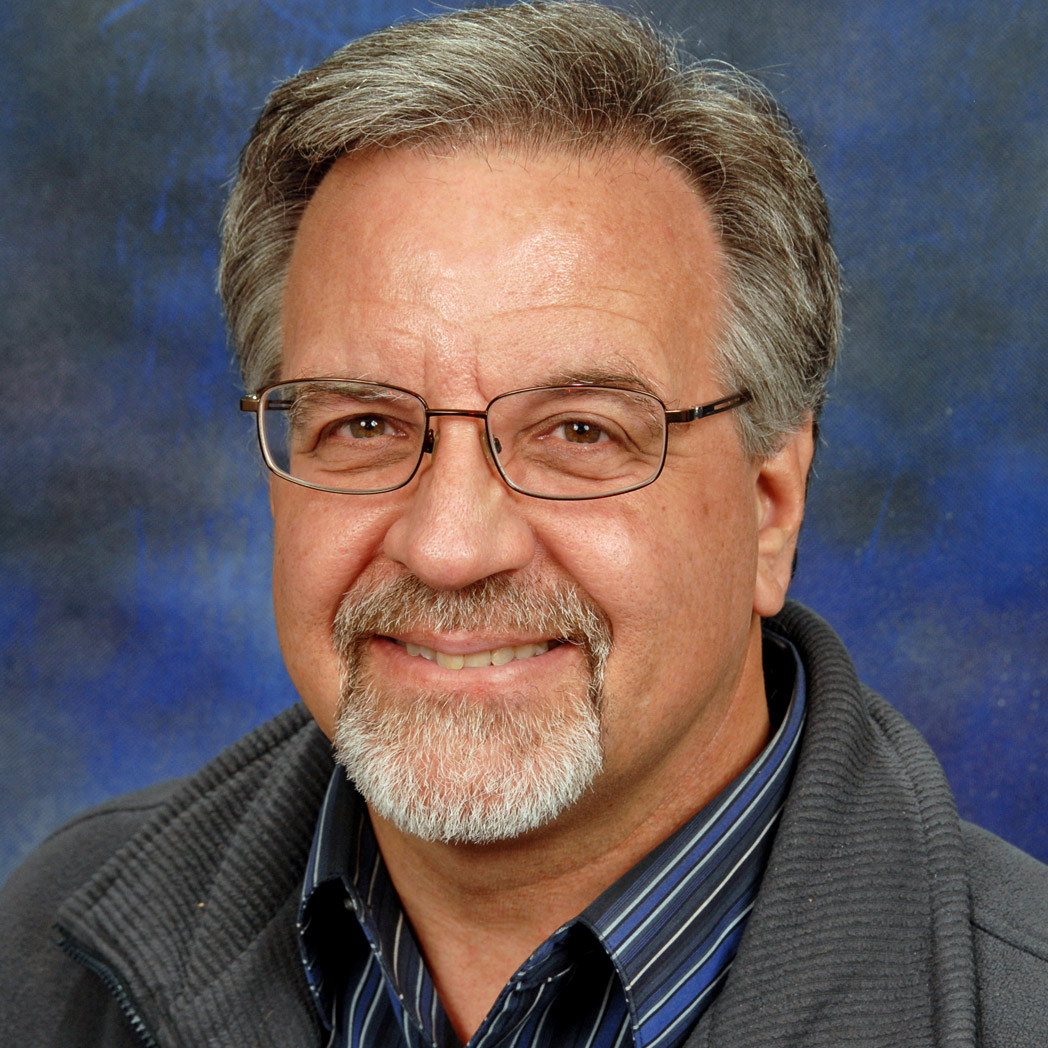
November 12, 2023 | Hope
Grace, mercy and peace to you from God our Father and from our Lord, Jesus christ who with the Holy Spirit are three-in-one.
With everything we see happening in the region of the Middle East, especially as it involves Israel in such a major way, it’s natural to wonder if we might be witnessing the end of days. In a 2022 poll by Newsweek, 39% of U.S. citizens thought so. We can only imagine what people must think now that it seems more and more prophecy is coming true.
Daniel 12 speaks of an explosion in knowledge near the end.
2 Peter 3speaks of people in the end, mocking the Bible prophecies and the Lord’s return.
Isaiah 17 and Jeremiah 49– tells of the destruction of Damascus.
Luke 17says there will be an increase in wickedness and 2 Thessalonians 2says there will be an increase in lawlessness.
Zechariah 12informs us of an intoxicating obsession with dividing Jerusalem.
These prophesies among countless others are warnings that the end might indeed be near. For that reason, I have chosen to speak on hope. I chose to speak from our New Testament text because it tells us that the final days will be a time when our hope is finally realized.
As I was doing my research for this sermon, I found that it was hard to find anything that didn’t follow the belief in the rapture. In fact, this section of Scripture is what the rapture proponents say gives the strongest evidence for such an event, even though the word or even a form of the word rapture is never mentioned.
The idea of rapture didn’t come about until the enlightenment period in the middle of the 19th century, but now, it seems it’s one of the main ideas in eschatology among many churches. Only God knows for sure how the end will play out, but I think that sometimes we try to imagine too vividly.
Paul knew all about the church not fully understanding things. Many of his letters are in response to such issues. The church was young and false information was flying in from every corner. Our church in Thessalonica was no exception. Paul writes both his letters so that the little church in Thessalonica would know the truth. He knew that proper communication was essential, especially now with everything so new.
For instance, in Paul’s time, many people in the church were in grief with the thought that certain loved ones who had already died would not get to heaven because they wouldn’t be fortunate enough to see the return of the Savior. Instead of finding comfort in the truth that all would be saved who placed their faith in Christ, they were hoping they wouldn’t die too soon to receive the prize. The only hope they had was in the life they were living because they thought all hope would be gone by a hasty demise. The slightest misrepresentation of the truth can cause a person to lose all hope.
Today, there is almost an information overload. Want to find something out about almost anything? Google it. Then, it took a long time for certain information to get to someone else, sometimes months or years. Today, as long as you know how to spell, you can have your information in seconds. Because of how long it took to find out things, the church in Thessalonica had to be careful they didn’t put their hope in the wrong things by trusting everything they were hearing. Because we now have an overload of information, we have the same concerns.
Misunderstandings bring about confusion and the devil loves to play that game. “Did God really say, ‘You shall not eat of any tree in the garden?”
1 Peter 5:8 warns us to “be sober-minded; be watchful. Your adversary the devil prowls around like a roaring lion, seeking someone to devour.” The devil is the king of lies and deceit and he will do all he can to snatch any hope from you by feeding you any kind of misinformation your willing to listen to.
Paul understood this so he responded to their doubts and concerns with compassion and reassurance. “Brothers, he wrote, we don’t want you to be uninformed about those who are asleep, that you may not grieve as others do who have no hope” (Verse 13). He was speaking of those who had since passed on. And notice he didn’t say that they died, he said they were asleep. He said this because if you are asleep, the idea is that at some time you’ll wake up. As believers, their time in death was limited. They would, one day, rise again from their slumber.
Before this, the idea for most people was that death was the end. Our common Christian understanding of the resurrection was just now laying its foundation through Paul and others like him.
A grim reminder of this idea can be found on a grave marker of that time which read, “I was not; I became; I am not; I care not.” There is no hope in those words and no comfort for those who were left behind.
Here then is the beauty of what Paul is saying. He is telling them that death for the Christian was entirely different than it is for the non-Christian, because all believers would share in Christ’s victory over death, both those in the past and those in the future.
Dietrich Bonhoeffer, before he was to be executed near the end of the 2nd World War, wrote, “This is the end, but for me it is the beginning of life.” He knew that our earthly death was just a gateway into our everlasting life in glory with Christ. His hope was found in greater things than this life could offer and he knew that that hope would sustain him, even unto death by a firing squad. I’m sure he had concerns, death this way is terrifying, but what pulled him through was the gift God had given him in the hope that he held so dear.
A dear friend of mine and a pastor in Blackfoot, Idaho knew he was going to die. His cancer had spread and his diagnosis was grim. He only had weeks to live, so he set about organizing his funeral. I would visit him and he would ask me my opinion, as if this were just another service he was putting together. He was always cheerful to the very end and he had the kind of funeral I want to have. The sermon only shared the times of joy he was blessed with and we laughed all the way through it. He wanted people to know he was where he always wanted to be.
Paul would agree. He brings the church in Thessalonica back to the truth, in fact, one of the fundamental truths of our faith. When Jesus died on the cross, most of the people who were there to witness it thought that this would be the end to this man who claimed to be the Son of God. But those who were blessed enough to learn from him and witness his rising and eventual ascension into heaven knew better. It was after all this that they would recall Jesus’ teaching about the coming kingdom.
The angel with the Apostles just after His rise to heaven gave them the promise, “This Jesus, who was taken up from you into heaven, will come in the same way as you saw him go into heaven.”
No wonder Paul writes with such conviction. He did because he was assured that what he was saying was a statement of fact. This same hope that had sustained him through so much was there for the people in Thessalonica too. He could give them no greater gift in this life then what Christ had provided through his death.
What the members of the church in Thessalonica needed to hear was that Christ’s return was for all people, alive or dead, who had put their trust in Him. They needed to know that at the end of the age, a new kingdom would be attained and when this blessed day arrived, it would be Christ himself who would come to bring about the change. J.B. Phillips puts it this way, “One word of command, one shout from the archangel, one blast from the trumpet of God and the Lord Himself will come down from heaven.”
There is only one place you can find this salvation and only the Gospel can carry its message. When is all of this to happen? Well, only the Father truly knows. Paul says to these same people, “Now concerning the times and the seasons, brothers, you have no need to have anything written to you. For you yourselves are fully aware that the day of the Lord will come like a thief in the night.”(5:1-2)
Our faith is based on the coming of Christ and the hope that it offers, not on the time of its occurrence. Because of what Christ has done, we have the sure hope of a new life that follows our earthly death. Our body might turn to dust, but God promises that our spirit will live on. Paul himself said in Philippians 1:21, “For me to live is Christ and to die is gain.” Paul knew that, passing through his earthly death would bring him into a closer, richer and fuller experience with Christ. This was the hope that sustained him, and it should be the hope that sustains us as well.
Paul knew that his death would come in God’s time and, in the meantime, he had much to do to set these new churches, like the one in Thessalonica, on the right path, free from the devil’s attempts to lead them astray. He knew that they needed to know the truth that there was real hope, not only for them, but for all who had passed before them and had believed. In fact, should Christ’s return be imminent, they would get the benefit of rising before all those who were still on earth.
Christ and His people belong together for eternity. That is how God designed it. Instead of casting us off as someone else’s dirty laundry, which we certainly deserve, He has provided a way, unworthy as we are, for us to live eternally with Him in resurrected bodies, free from the limitations and frailties we now endure. Paul says in 1st Corinthians chapter 15, “Behold! I tell you a mystery. We shall not all sleep, but we shall all be changed. In a moment, in the twinkling of an eye, at the last trumpet. For the trumpet will sound, and the dead will be raised imperishable, and we shall all be changed. For this perishable body must put on the imperishable, and this mortal body must put on immortality.” That is the hope that we all share. That should be the hope that sustains us. Much like a plant goes from death to life in the seasons, so are we going to be changed.
Wouldn’t it be neat to be here when all of this happens? We hear every day how this world is falling into sin and further away from God and we, like everyone in every time, make the prediction that the second coming could come in our lifetime. I sure hope so. I’m listening every day for the trumpet to usher in a new life where we will celebrate together a holy reunion with all the saints in heaven.
This will be the climax of existence. An end of a faulty, sin-riddled era and the promise of a new era that is free from all earthly limitations. This is the heart of our Christian hope, this is when the gift of hope will be most cherished.
On earth, the little church of Thessalonica was experiencing the limitations of earthly trust and the misinformation of Satan. So Paul used the motivation of the Holy Spirit to set them straight. Because they stayed true to their teaching, they made a difference in the world.
We also need to watch out for the devil’s clever but condemning banter. Our hope must be found in nothing else but in Jesus Christ and what He had done to give us that hope.
When you think about it, hope really is a tremendous gift. I often wonder how people can live without it. How could you go through life thinking that the only thing to look forward to is your death and eventual decay. Praise God that He has given us our sure hope, and praise God that it meant enough to Him for us to have it, that He was willing to give His only Son as a ransom.
In the very presence of God, we will be beyond the reach of satan and the death, pain and suffering he gives us. In heaven, our reunion will continue untarnished by sin and decay. We will be citizens of paradise and we eagerly await that day when the old will be transformed into the new.
But we should not be so heavenly minded that we are no earthly good. We have much to do before God ushers in the new era. Until then we are all called to spread the good news of the hope that only God provides to all the lost souls who are desperate to hear it.
No one but God knows when He will come again, so our task is to ready ourselves should that day be tomorrow and to ready as many others as we can so that they too can bask in the glory. To this I say, “Come, Lord Jesus.” Amen.





